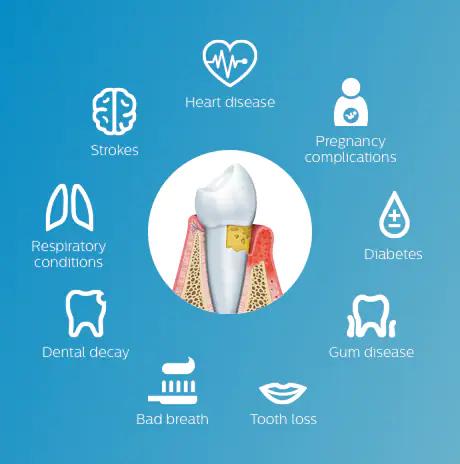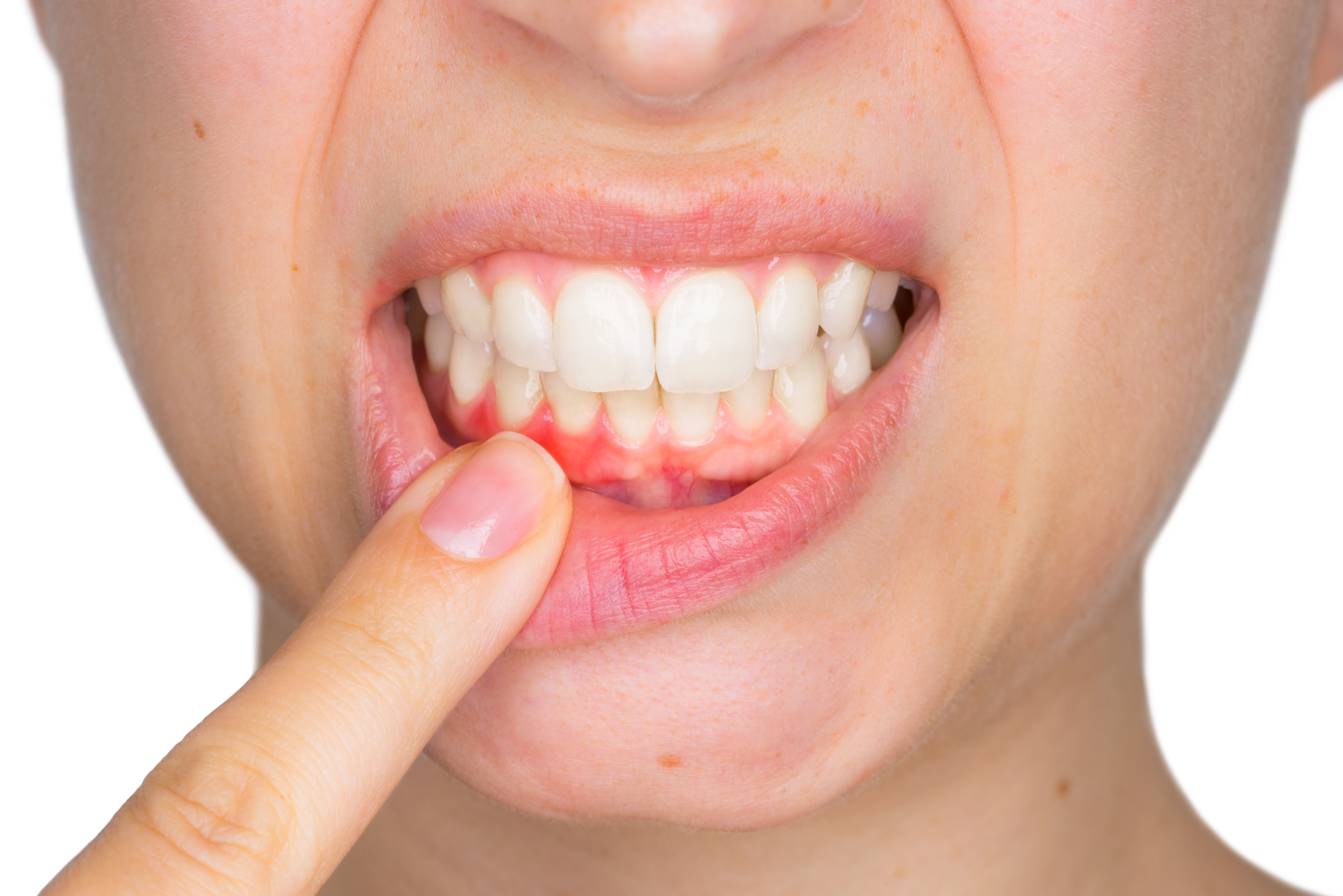- About Us
- Advertise
- Editorial
- Contact Us
- Terms and Conditions
- Privacy Policy
- Do Not Sell My Personal Information
© 2025 MJH Life Sciences™ and Dental Products Report. All rights reserved.
10 Common Oral Health Myths
Myths and misconceptions about oral health are everywhere. Some, such as the Tooth Fairy, are lighthearted and harmless, while others are less so. The availability of the internet has certainly helped propagate some misleading and even false information. Unlike the Tooth Fairy, these myths can be downright harmful to your oral health. It’s important to always consult with dental professionals before taking action.
Here are 10 of the most common myths or misconceptions about oral health and the truth behind them.

1. “I only need to see my dentist if it’s an emergency.”
As the saying goes, ‘Prevention is better than the cure,’ and that certainly rings true in dentistry. Prevention in oral healthcare is vital, so it’s important to keep regularly scheduled hygiene appointments (usually every 6 months). This helps your dental professionals treat issues before the situation becomes severe. The longer you wait, the more serious (and expensive) an issue might be.

2. “Dental health does not affect the rest of my body.”
Many people believe that an oral health issue, such as periodontal disease (gum disease), only affects their mouth. Actually, oral health is a good indicator of overall health and poor oral hygiene can increase your risk for disease in other parts of your body. Take gum disease, for instance. Moderate to severe gum disease increases the risk of heart disease and people with periodontal disease are 2 to 3 times more likely to have a heart attack or stroke.
Image courtesy of Phillips.

3. “Gum disease is not very common.”
Periodontal or gum disease is actually very widespread. According to a 2016 study published in the Journal of Dental Research, up to 52% of people 30 and older have gum disease. That number increases to 64% for adults 65 or older.
©Stefano Garau/stock.adobe.com

4. “Sugar-free or diet sodas are healthy.”
Just because they don’t contain sugar does not mean these drinks are healthy. Though diet sodas don’t have cavity-causing sugars, they are still highly acidic. Diet sodas have a pH level of 2 to 3, while water has a neutral pH of 7, and battery acid is very acidic with a pH of 0. Combined with bacteria and saliva, the result is a buildup of plaque, which can lead to tooth decay and gingivitis.
©Brent Hofacker/stock.adobe.com

5. "Sugar causes cavities."
Speaking of sugar, it’s commonly thought that sugar directly causes cavities. While it’s true that it contributes to the formation of cavities, it’s not directly responsible. Sticky, sugary foods actually attract bacteria that thrive around teeth. These bacteria produce an acid compound that promotes tooth decay.
©KaterynaNovikova/stock.adobe.com

6. “Brushing my teeth harder cleans them better.”
Simply put, that’s not how it works. Too much pressure can negatively impact tooth enamel and gums. You can actually wear away enamel by brushing too hard. A gentle motion is recommended. This is also why the American Dental Association suggests soft-bristled toothbrushes—they provide an excellent clean without causing any damage.
©Wayhome Studio/stock.adobe.com

7. “Flossing isn’t necessary.”
Flossing is an essential part of maintaining your oral health. Using an interdental cleaner like floss, daily, may help prevent cavities and gum disease. Flossing helps remove plaque, which if not removed, can harden into tartar (calculus). Once tartar forms, it can only be removed by your dentist.
©SIMPILI/stock.adobe.com

8. "Chewing gum works just like brushing your teeth.”
While research has found that chewing sugar-free gum for 20 minutes following meals can help prevent tooth decay, it cannot replace brushing or flossing. It’s true that some gums, like the sugarless variety, can increase the flow of saliva, which can help wash away food and debris while also neutralizing bacteria-generated acids. But not all gum is good for your teeth. Most chewing gums contain sucrose and carbohydrates, which can be metabolized by acid-producing bacteria. This can lead to enamel demineralization and cavities.
©opolja/stock.adobe.com

9. “There’s no need for children to brush baby teeth.”
Baby teeth serve several important functions. They help babies chew and speak, and they also hold space in the jaw for permanent teeth that are growing under the gums. If a baby tooth is lost too early, their permanent adult teeth can drift into that empty space, which makes it difficult for other adult teeth to find room when they come in. This leads to crooked teeth or overcrowding. Plus, tooth decay in baby teeth can affect how adult teeth form under the gums. It’s also important to consider that you want your child to have a lifetime of good oral hygiene habits, so it’s important to start early.
©Rawpixel.com/stock.adobe.com

10. “Bleeding gums is normal during pregnancy.”
It’s true that some women can develop ‘pregnancy gingivitis', a condition caused by pregnancy hormones that results in sensitive and inflamed gums. However, gingivitis does not occur in every pregnant person, so bleeding gums are not normal. It’s important to continue healthy oral hygiene habits through pregnancy to abate bleeding gums.
©nicoletaionescu/stock.adobe.com
Related Content:



